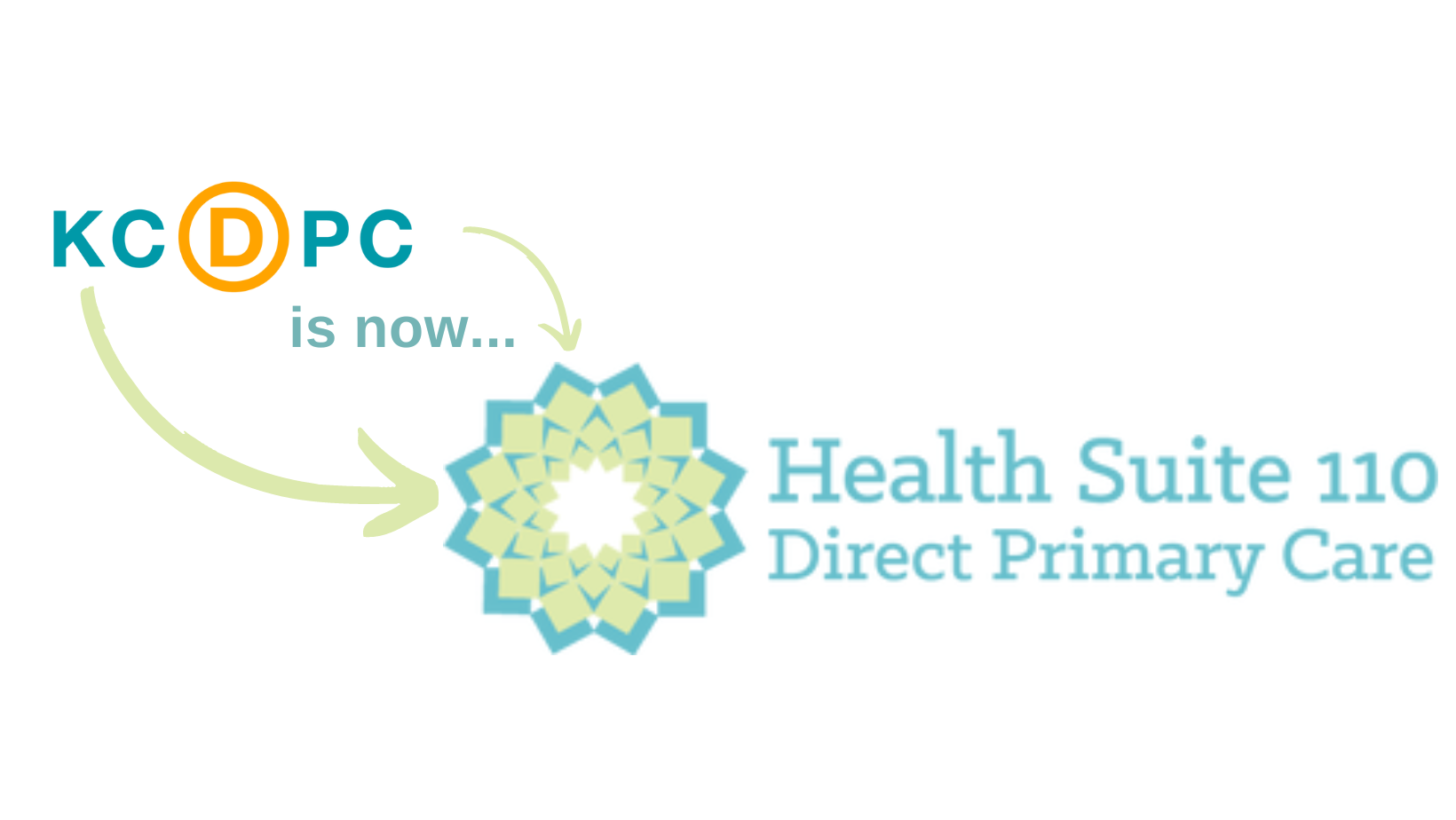 Anyone watching the news of late is probably totally freaked out by the Coronavirus. But should we be?
Anyone watching the news of late is probably totally freaked out by the Coronavirus. But should we be?
While most stories cover the basics — like taking basic care of yourself and your loved ones (sleeping well, eating well, etc.), washing your hands a lot, don’t touch your face, etc. — they also make it sound like our world as we know it is about to end. Is it?
We’ll go over a few facts about COVID-19; for more information from reliable sources, the CDC provides up-to-date information and is the single best source of information here in the US. More locally, the Kansas Department of Health and Environment and the Missouri Department of Health are keeping an eye on things around here.
Here’s what we know thus far:
- Every single one of us has had a coronavirus infection in the past — it’s one of the viruses (along with rhinovirus, adenovirus, etc.) that causes the common cold. This novel Coronavirus (COVID-19) is just a variation (or mutation).
- This new coronavirus can cause anything from nothing to a mild cold to a potentially lethal viral pneumonia, but for the vast, vast majority of people it causes a mild cold.
- There have been more concerning, more deadly Coronaviruses in the past — most notably the SARS epidemic of 2003 and the MERS epidemic of 2012. Moreover, influenza continues to kill more people in the US (as of this writing).
- This COVID-19 virus spreads from person to person, though we aren’t exactly sure how. The most likely route of transmission is from respiratory droplets (sneezing, coughing, or just aerosolization from breathing), and potentially from other bodily fluids.
- Those who seem to be most affected by COVID-19 thus far are those who are more at risk to begin with: those who are older, those with multiple chronic health conditions, etc.
Here’s what we don’t know:
- We don’t exactly know where the virus came from, but the working theory is that it jumped from bats to humans in late 2019 in a “wet” market in Wuhan, China that specialized in the sale of exotic animals.
- We don’t exactly know the death rate (i.e. of those infected, how many succumb to the disease?) — but scientists believe it is around 2%. This may actually go down as we watch how the virus behaves in the US.
- We don’t know when or if we’ll have a successful vaccine to prevent against this new virus. In the HHS press conference from February 25, Dr. Anthony Fauci did a great job describing how a vaccine is created (starts at about 11:00 into the clip).
How to protect yourself & others:
- Just like any other respiratory virus: stay home if you’re sick!
- Just like preventing any other respiratory virus: take good care of yourself! Exercise regularly, eat nutritious, balanced meals, practice stress mitigation techniques, and get a solid 7-9 hours of sleep a night, etc.
- Just like preventing any other respiratory virus: wash your hands! A lot!
- Just like preventing any other respiratory virus: don’t touch your eyes, mouth, nose, etc., and get into the habit of washing your hands before eating.
- If you can, avoid contact with those who are sick or are caring for the sick.
- If you are not actively sick (or caring for someone who is), ear-loop/surgical masks are not likely helpful. Healthcare workers will wear masks (and often higher-rated ones than the ear-loop masks), as they have a much higher likelihood of caring for someone with the disease and are prioritizing mitigating the spread to others.
For Kansas City Direct Primary Care patients:
- Prevent getting sick by getting this season’s flu vaccine — though we only have 8 left!
- If you develop symptoms of upper respiratory illness (cough, sore throat, runny nose, fever, etc.), please call us prior to coming in for a visit. We will be screening everyone via phone to see if an in-person visit is needed or if you’re ok to take care of yourself at home w/ re-evaluations if you worsen. Remember: most people (98% of people!) will have cold-like symptoms and nothing more.
- Please don’t be offended if we recommend home care rather than an in-person visit — our goal is to keep ourselves safe and well (if we all get sick, we have to close the clinic!) as well as protecting those around us and our other patients.
Updated March 2, 2020 7:54 AM.

Thanks for the good information